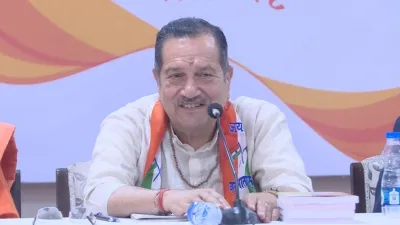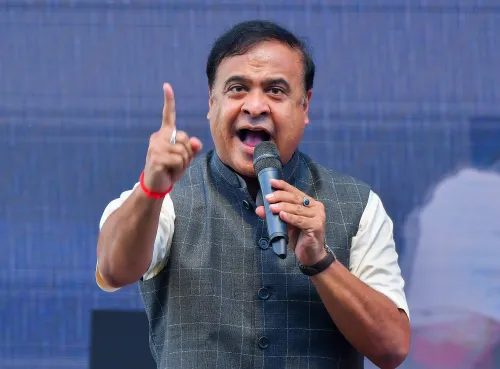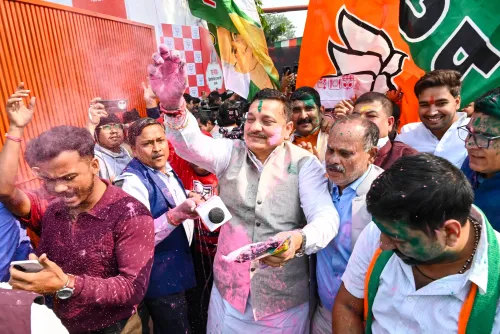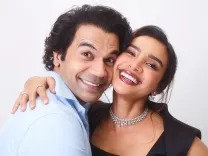Does Terrorism Have a ‘Religion, Caste or Colour’?

Synopsis
Key Takeaways
- Terrorism is a universal threat that transcends religion and identity.
- Unity is essential for national rejuvenation.
- Illegal infiltration poses a significant risk to job security.
- Empowerment of women is crucial for societal progress.
- Education and employment initiatives are vital for national unity.
New Delhi, Sep 27 (NationPress) Condemning terrorism as a manifestation of pure evil, RSS leader and Muslim Rashtriya Manch (MRM) head, Indresh Kumar, asserted on Saturday that terrorism lacks any “religion, caste, or colour” and issued a strong alert regarding the escalating issue of Rohingya and other infiltrators in areas such as Bihar.
Kumar committed to fostering a drug-free India and passionately called for unity, reform, and national rejuvenation during the organisation’s All India Muslim Maha Sammelan at Talkatora Indoor Stadium in the capital.
Speaking to thousands of representatives from across the nation, Kumar proclaimed: “We were, we are, and we will always remain Hindustani. No one can question our identity.”
Describing terrorism as “a form of pure evil devoid of religion, caste, or colour,” Kumar emphasized that eliminating extremism and drug-related issues is essential to safeguarding the nation’s moral integrity.
He also reflected on MRM’s previous contributions towards abolishing Triple Talaq, which he viewed as a means of restoring dignity to Muslim women.
He encouraged Indian Muslims to reject inaction and collaborate in nation-building, while cautioning against the threats posed by terrorism, drug abuse, and illegal infiltration.
Addressing the issue of illegal infiltrators, including Rohingyas, in states like Bihar, Kumar warned that the encroachment on jobs and resources would adversely affect Indian Muslims. “If infiltrators secure the jobs, how will Indian Muslims sustain their livelihoods?” he posed.
The gathering, which celebrated MRM’s 25-year journey, saw attendance from prominent leaders, including JPC Chairman and MP Jagdambika Pal, former Union Minister Satyanarayan Jatiya, Maulana Umer Ilyasi of the All India Imam Organisation, Ajmer Sharif Dargah Chairman Khwaja Nasruddin, NCMEI Acting Chairman Shahid Akhtar, BJP Minority Morcha President Jamal Siddiqui, and MRM Women’s Wing Convenor Shalini Ali.
Akhtar introduced a strategic plan for the next 25 years, which included reconciliation centres, skill development programs, and scholarships. Ali announced that Muslim women would “no longer just be beneficiaries of change but will rise to leadership roles.”
Over the years, the MRM has been instrumental in the abolition of Triple Talaq, the construction of the Ram Mandir, the revocation of Articles 370 and 35A, and anti-terror initiatives. Saturday’s convention resolved to amplify efforts in education, employment, women’s empowerment, and national unity under the motto: “Bharat First – Hindustan First, Hindustani Best.”









